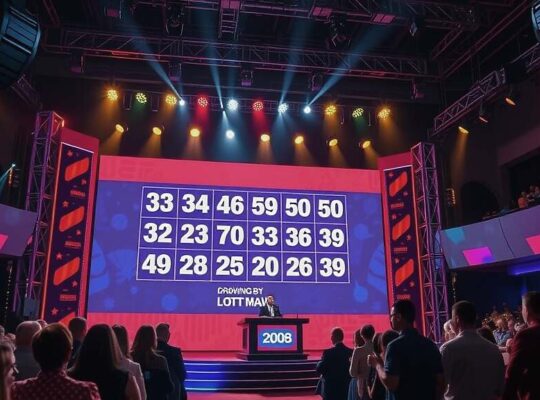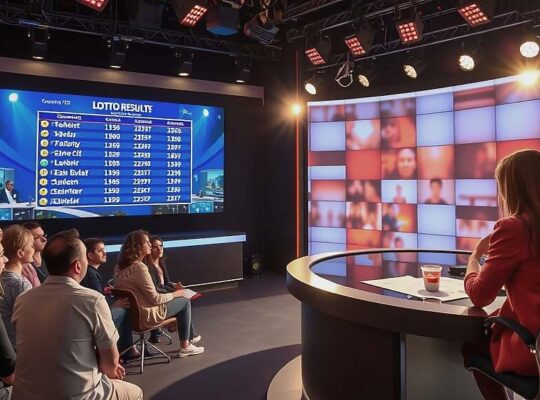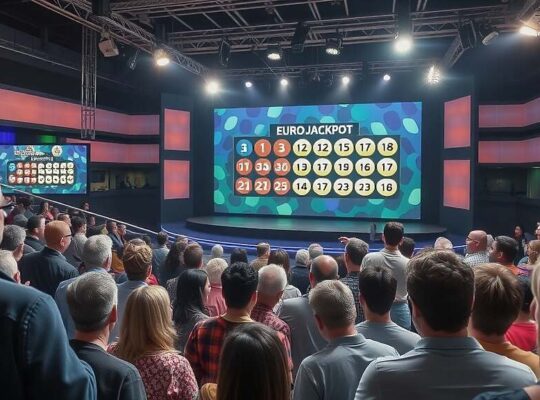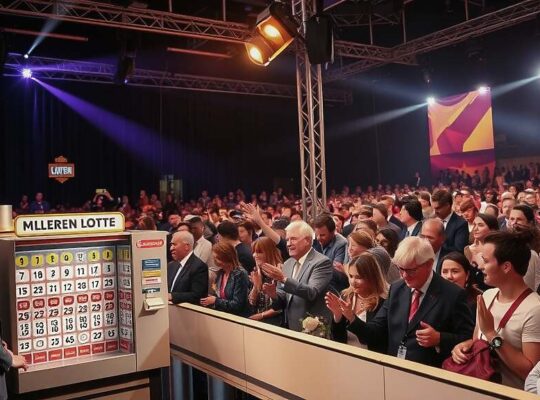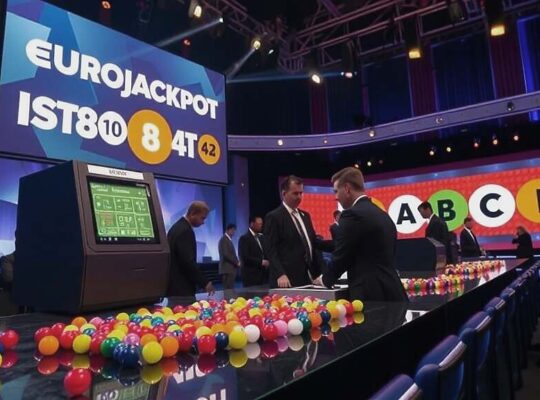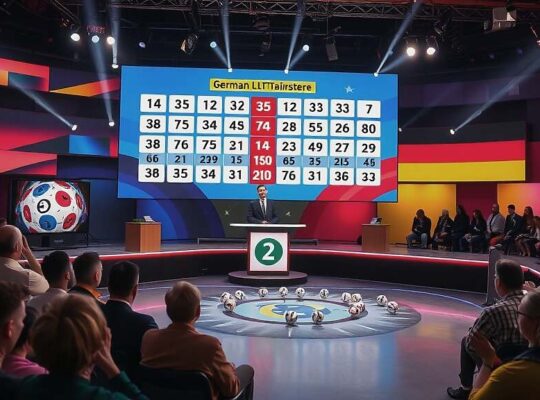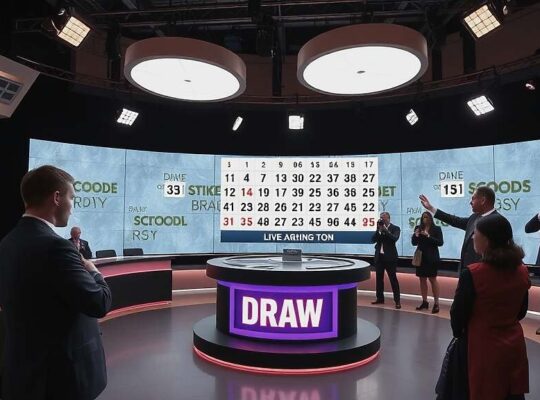The announcement of Saturday’s “6 aus 49” lottery results has once again underscored the complex intersection of state-sponsored gambling, statistical improbability and societal participation in Germany. The winning numbers-16, 17, 23, 30, 39 and 42, with a Superzahl of 9-carry with them a jackpot of 9 million euros, a sum that ignites hopes for many while simultaneously drawing renewed scrutiny of the national lottery system.
While the Deutsche Lotto- und Totoblock, the organization responsible for administering the lottery, dutifully stated the odds of hitting the jackpot – a staggering 1 in 140 million – the sheer volume of participation remains a point of public discussion. Estimates suggest around 10 to 20 million Germans engage with the lottery weekly, with over 20 million participating at least once annually. This widespread involvement raises questions about the ethical role of the state in facilitating games of chance, particularly in light of acknowledged risks of addiction.
Critics argue that the state’s promotion of lotteries, while generating revenue for social programs, normalizes gambling behaviour and potentially exacerbates problem gambling. The lottery’s carefully constructed image – portraying it as a harmless source of entertainment with the possibility of life-changing wealth – masks the statistical realities and inherent risks for vulnerable individuals. While the Deutsche Lotto- und Totoblock includes a warning regarding potential addiction, some observers contend the messaging is insufficient and fails to adequately address the underlying societal impact.
The substantial jackpot amount also triggers a broader debate regarding wealth distribution and the potential for sudden, significant windfalls to disrupt established social structures. While lottery winnings are often portrayed as enabling dreams, the long-term consequences for winners and potentially for communities, warrant consideration alongside the immediate celebratory narrative. The statistics presented reveal a system reliant on the participation of a large segment of the German population, prompting a fundamental examination of its socio-economic implications and the state’s responsibility in fostering responsible entertainment.




